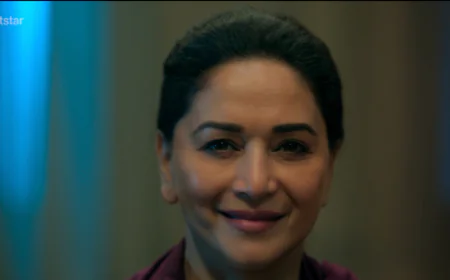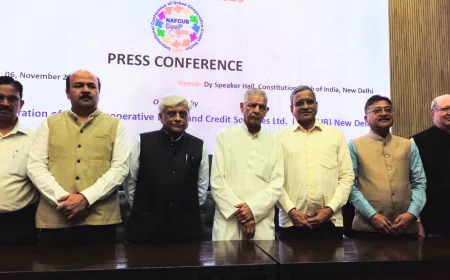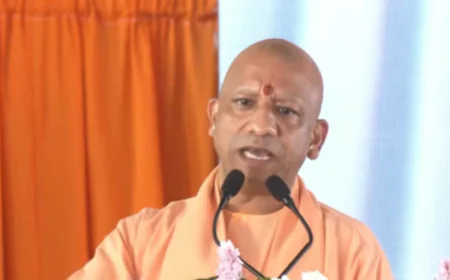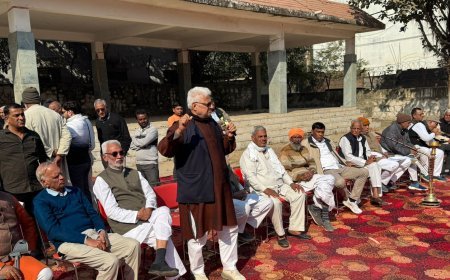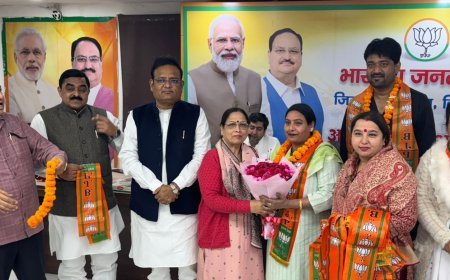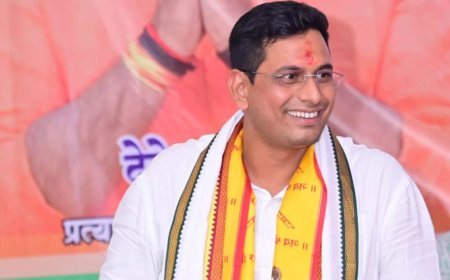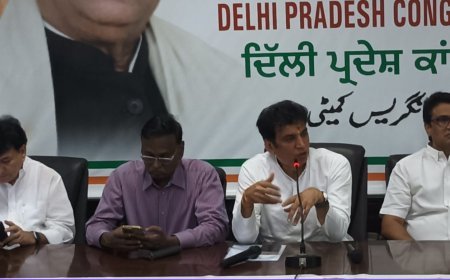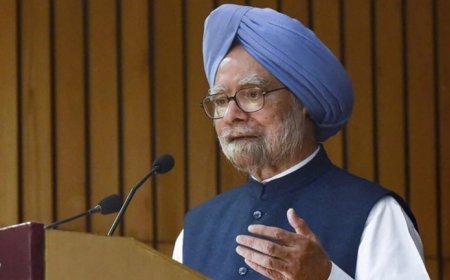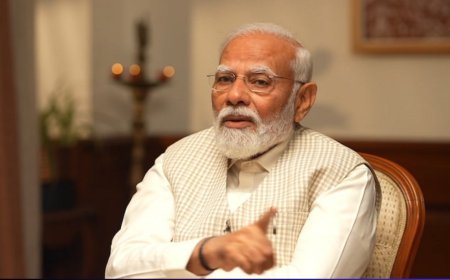Russian Politician's Plea For Peace In Ukraine Leads To Rejection As Presidential Candidate
The presidential election, scheduled for March 15-17, is widely anticipated to result in President Vladimir Putin securing reelection, given his firm control over Russia's political landscape.
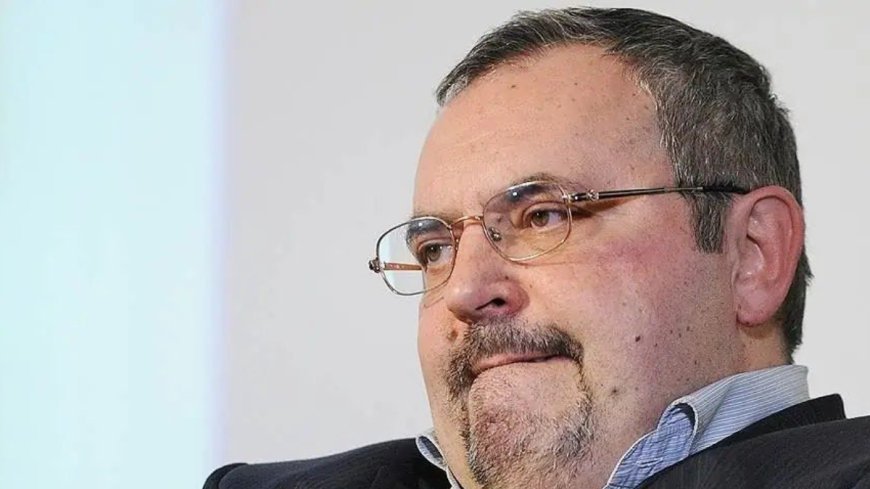
Russian politician Boris Nadezhdin, known for advocating peace in Ukraine and dialogue with the West, has been barred from running in Russia's upcoming presidential election by the country's central election authority. Despite garnering significant support last month, with thousands of Russians backing his candidacy, Nadezhdin failed to meet the requirement of gathering 100,000 signatures, with over 9,000 signatures invalidated, surpassing the 5% threshold for disqualification set by Russian election rules.
Nadezhdin, aged 60 and a local legislator near Moscow, had requested more time to address the concerns raised by the Election Commission, but his plea was denied. As a result, he plans to challenge his disqualification in court.
The presidential election, scheduled for March 15-17, is widely anticipated to result in President Vladimir Putin securing reelection, given his firm control over Russia's political landscape. Opposition figures have largely been marginalized through imprisonment or exile, while independent media outlets have been banned. Despite support from exiled activists, Putin's spokesman Dmitry Peskov dismissed Nadezhdin as a credible rival.
Nadezhdin's disqualification underscores the significant challenges faced by dissenting voices within Russia's political system, characterized by stringent regulations and limitations that hinder opposition candidates. It also highlights the dominance of Putin's regime and its control over electoral processes.
Also Read:Nikki Haley's Setback: 'None of These Candidates' Triumphs In Nevada Primary Election
Nadezhdin's bid represented a rare display of opposition sentiment within Russia's constrained political environment, symbolizing the ongoing struggle for political pluralism and dissenting voices in the country. However, his rejection underscores the uphill battle faced by those seeking to challenge the status quo in Russian politics.



